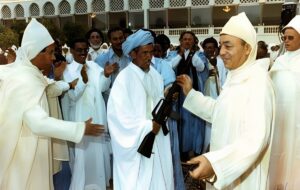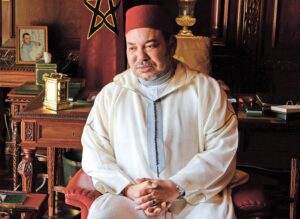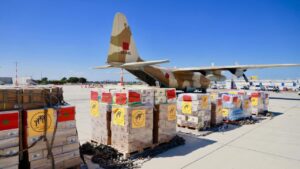What is the secret of the unique relationship between the throne and the people in Morocco?
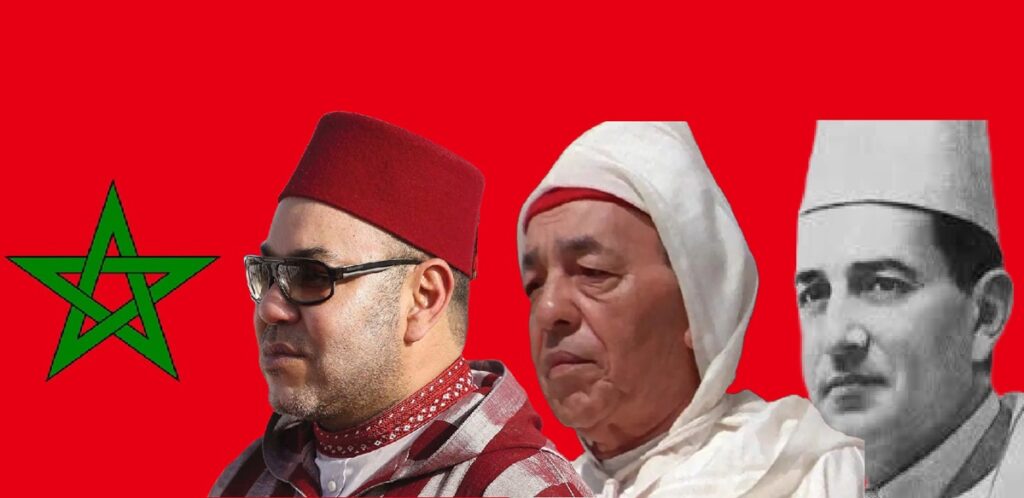
Moroccans are experiencing a double joy these days: celebrating the 72nd anniversary of the Revolution of the King and the People on the one hand, and the 62nd anniversary of Youth Day (the birthday of King Mohammed VI) on the other. To many, if not most, Arab citizens, these official occasions may seem like mere holidays, the most important of which are official work holidays. But in Morocco, the story is completely different! In the following lines, we will attempt to clarify what distinguishes these occasions in the Kingdom of Morocco from those in other Arab countries, taking the Revolution of the King and the People as a model.
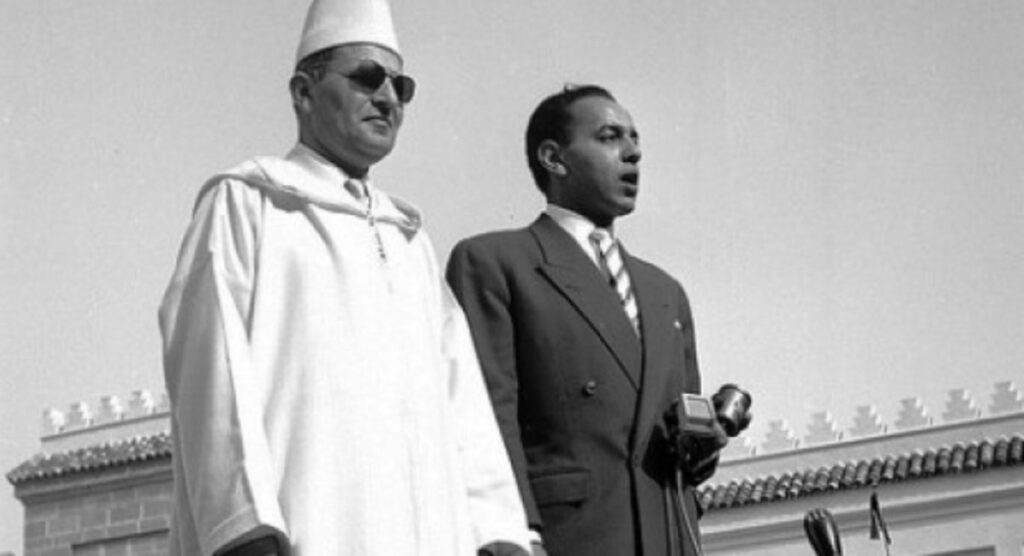
Let's begin with a brief introduction to the symbolism of the event. On this day (August 20, 1953), the French protectorate authorities exiled King Mohammed V and the royal family to the island of Corsica on the eve of Eid al-Adha, before exiling them again to Madagascar in January 1955. This colonial behavior, the consequences of which the French authorities failed to fully appreciate, sparked a popular uprising across Morocco, which contributed to fueling resistance to France in various forms. Here, the deep-rooted legitimacy of the monarchy in Morocco, after more than twelve centuries of its existence, became clear, as did the Moroccans' attachment to their king. In the eyes of all of Africa, and not just Moroccans, he was a liberation leader whose allegiance to his people could not be broken. This uprising, after much stubbornness and obstinacy on the part of the French colonizer, resulted in the latter reversing its decision, allowing King Mohammed V and his family to return to Morocco on November 16, 1955.
But even if the spark that ignited this revolution was in support of the liberating king, what prompted Moroccans to continue celebrating it as an embodiment of the unbreakable bond between the king and the people of Morocco? Why did they celebrate it for the next seventy years, during the reigns of the late King Hassan II and, after him, King Mohammed VI?
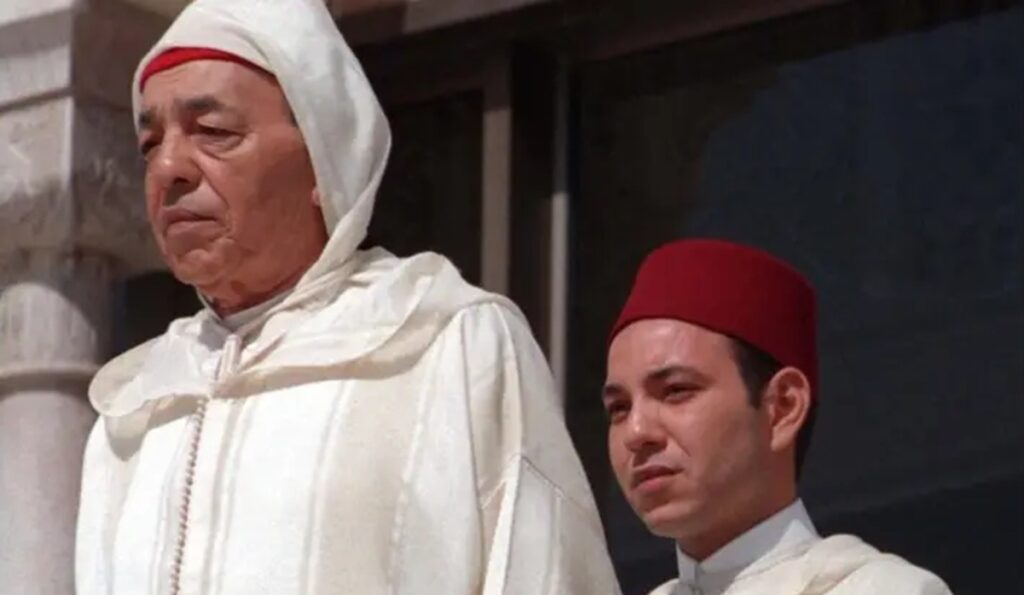
As for the late King Hassan II, may God have mercy on him, Moroccans remember him for his leadership of their ship during the Cold War between the Eastern and Western blocs, and his overcoming of the waves of the "revolutionary tide" that swept the Arab world in the 1960s and 1970s, including the coups associated with the Nasser era that ended the rule of the monarchies in Syria, Iraq, Libya, and Yemen, transforming these countries into republics that bore no resemblance to their names! King Hassan II's leadership of his country was a source of pride for Moroccans, who still remember his innovative initiatives in water management through dams, not to mention his wise management of the democratic transition represented by what was known as "political alternation," which inaugurated the era of coalition governments with a partisan political nature and allowed socialist and nationalist movements to assume leadership and management of the governmental experiment, which later led to the rise of the Islamists. Thus, Moroccans remember their late king for his political and administrative revolution, which earned him the title of "the builder king" to distinguish him from his late father, the "liberator king." This gave their annual celebration of August 20 its justification and meaning.
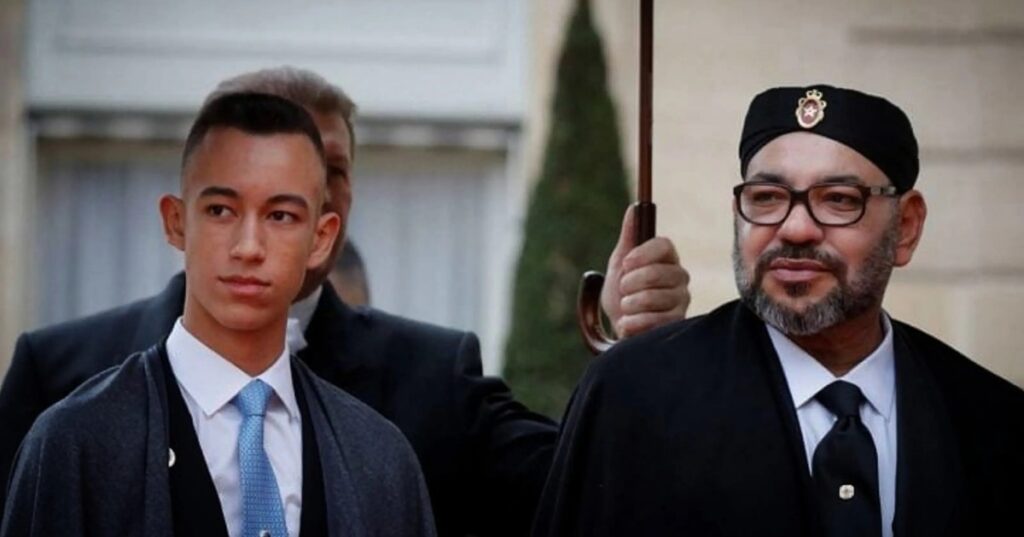
to come after that The era of the Moroccan monarch, King Mohammed VI...with its achievements that have enshrined Moroccans’ passion for the annual celebration of the Revolution of the Throne and the People, with greater fervor and enthusiasm. Their king, whose concern for the poor has been a source of concern and care since he was Crown Prince, has earned him the love of this group over the past quarter century. His courage, embodied in “The new concept of power“; and in the experience of “Equity and Reconciliation”; and the “2011 Constitution”, and others, contributed to creating a solid human rights reality, which increased Moroccans’ sense of dignity, and in creating an entire generation aware of its rights and duties, proud of its national belonging, and engaged in building this dear country. Another revolution in terms of infrastructure, industrialization, accompanied by the adoption of a “new development approach”, all put Morocco on the path to becoming an emerging power, and moved Moroccans into the middle-income category globally, and qualified their country to assume African leadership in various fields, which is reflected daily in the expansion of the middle class, and in the increased optimism of Moroccans about their future in various global opinion polls. These revolutions coincided with political revolution It settled the issue of the Kingdom's territorial integrity and put the train of partisan governments on a solid track from which there is no turning back, making Morocco an oasis of stability in a turbulent regional and continental environment. What strengthened this stability was the tremendous effort exerted on the level of Fortifying the security reality For Moroccans, and to protect them from the wave of extremist terrorism falsely attributed to Islam under the name of “jihad,” to the point that the Moroccan experience has become a school in itself, drawing on its expertise from the most powerful democracies in the world. This is without forgetting “spiritual securityFor Moroccans, who have been protected through a legal system that integrates the requirements of today's reality with the constants of the true religion, in a harmony unparalleled in other Arab and Islamic countries.
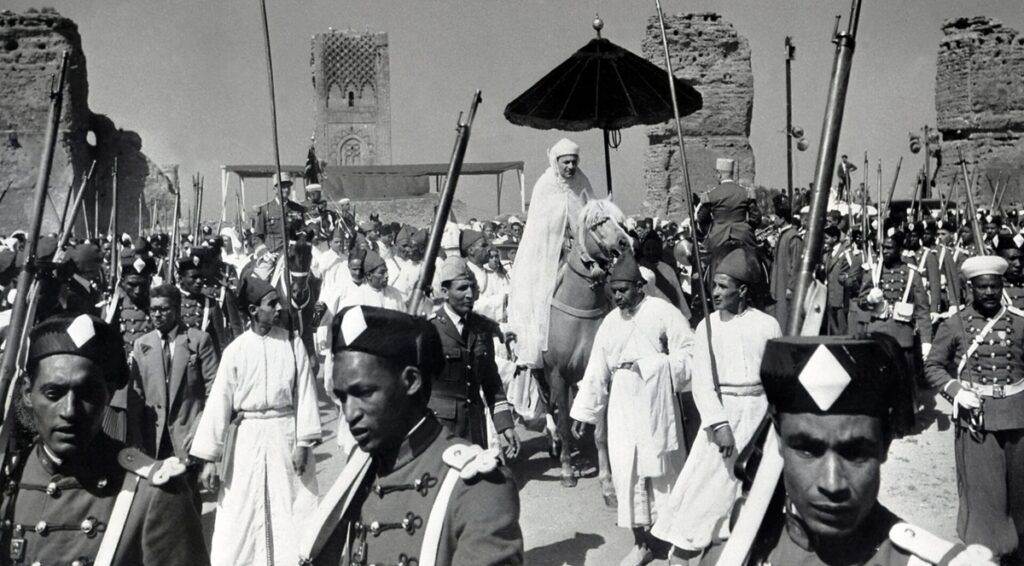
For all these reasons and others, it does not seem surprising that Moroccans are keen to celebrate this occasion with enthusiasm and love, embodying the sincere appreciation and love that connects them to their throne and the one who sits on it. How could it not be, when Morocco, during the reign of the three kings, has become an incomparable Arab and Islamic model; and their country has become an oasis of stability and security in its various dimensions, andsteady economic growthAnd every Moroccan has touched with his own hands, far from the media propaganda used excessively in the Arab world, the importance of being Moroccan, with the achievements made by his sons inside and outside the country, which has earned them... global reputation Not just African.
In conclusion, Moroccans have celebrated the revolution that united them with their throne in liberating, protecting, and developing the country during the reign of three great kings. They will continue to celebrate this precious occasion as long as the noble kingdom continues its journey, presenting a unique Arab and Islamic model of mutual love and loyalty with their throne, renewing their pledge annually to continue this revolution in all aspects of their lives, to improve their standard of living, and to preserve the stability and strength of their kingdom, leaving their grandchildren a country they will be proud of for hundreds of years to come.



